“Life is too short to fear rain. “Embrace the storm and dance in its rhythm—it can set you free.” – Wellness Kraft
Table of Contents
Introduction
Rain is a natural event that helps our planet grow and support life. But for some individuals, the sight of rain or even just the thought of it can cause a lot of fear and anxiety. This fear is called ombrophobia, and it can have a big impact on a person’s daily life. In this blog, we’ll talk about its causes, symptoms, and possible treatments. This will help people who have this fear understand it and manage it better.
Ombrophobia is a type of phobia in which a person has a strong and illogical fear of rain. When exposed to rain or even the mere anticipation of rainy conditions, people with such symptoms experience excessive anxiety, fear, or distress.
This fear can cause physical signs like a faster heart rate, sweating, trembling, and a feeling that something bad is about to happen. It can have a big effect on a person’s daily life, causing them to avoid going outside, change their habits, and have a lower quality of life in the rain.
It’s important to get help and support from a professional when dealing with such mental condition. Treatments like therapy and self-help techniques can help individuals get over their fear and regain control of their lives.
How Common Is Ombrophobia
Ombrophobia, or the fear of rain, is a specific phobia, and compared to other phobias, it is not very common. It is thought to affect only a small portion of the population, though specific statistics may vary. The severity and impact can vary from person to person, ranging from mild discomfort to significant distress. If you or someone you know is struggling with such mental condition, getting help from a professional can give you advice and support on how to deal with the fear in a healthy way.
Causes of Ombrophobia
There is no one reason why someone has ombrophobia. Instead, it can be caused by more than one thing. Some possible causes include:
1) Traumatic experiences:
A person may develop such phobia if they were caught in a bad storm or saw a natural disaster while it was raining.
2) Learned behavior:
It is a learned behavior that can be picked up by watching or hearing someone close to the person show fear or anxiety about rain.
3) Anxiety Disorders:
It can happen alongside other anxiety illnesses, like generalized anxiety disorder or specific phobias. These factors may contribute to the development of such phobia.
Symptoms of Ombrophobia
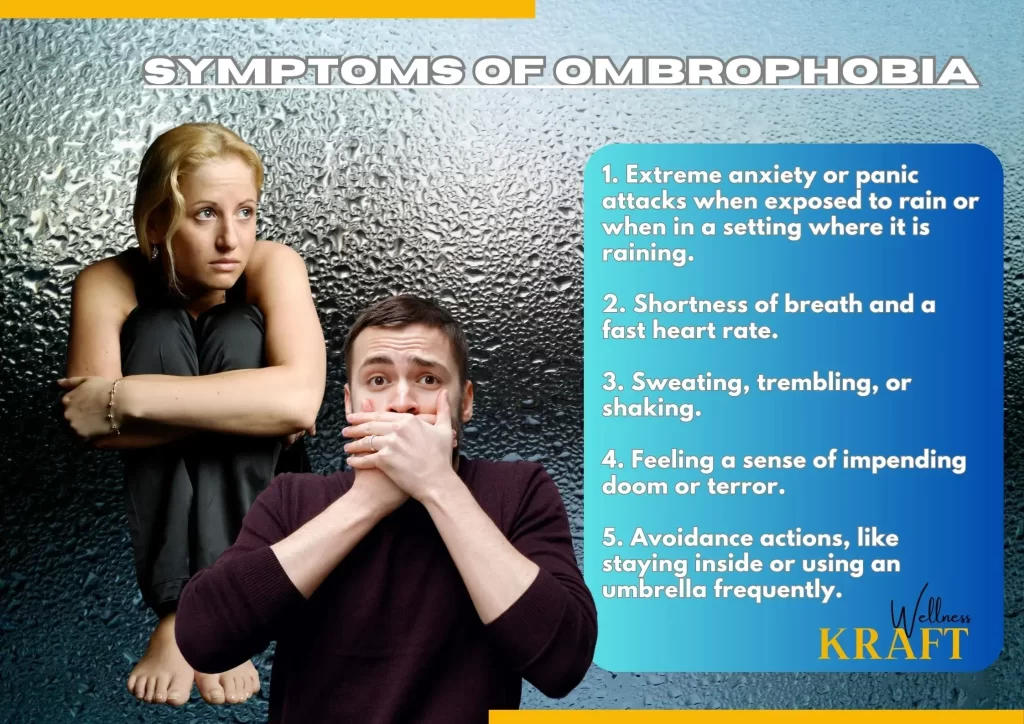
Ombrophobia symptoms can vary from person to person and be mild to severe. Some common symptoms are:
1. Extreme anxiety or panic attacks when exposed to rain or when in a setting where it is raining.
2. Shortness of breath and a fast heart rate.
3. Sweating, trembling, or shaking.
4. Feeling a sense of impending doom or terror.
5. Avoidance actions, like staying inside or using an umbrella frequently.
Impact of Ombrophobia
Ombrophobia can have a big impact on a person’s life and well-being. It can make it hard to go about your daily life and talk to other people, making you feel alone and frustrated. It can also have an impact on people’s work choices and travel plans because it can cause individuals to avoid places or jobs that require a lot of exposure to rain.
Overcoming Ombrophobia

It can take time to get over ombrophobia, which is the fear of rain, but with determination and the right strategies, it is possible to handle and lessen the fear. The good news is that it can be treated, and with the right strategies and support, individuals can overcome their fear. Here are some ways to get over with such mental condition that works:
1.Education and Understanding:
Learn about it, or the fear of rain, its reasons, and the things that make people afraid of rain. Understanding how phobias work can help take the mystery out of the fear and lay the groundwork for overcoming it.
2. Consult a Professional:
You might want to talk to a mental health expert who deals in anxiety disorders and phobias. They can give advice, support, and treatments like cognitive-behavioral therapy (CBT) or exposure therapy that have been shown to help people with such mental condition.
3. Gradual Exposure:
One popular way to treat phobias is through exposure therapy. Start by introducing yourself to things that remind you of rain in a safe and controlled way. Start with situations that don’t cause as much anxiety, like looking at pictures or hearing rain sounds, and work your way up to actually feeling rain in real life.
4. Relaxation Techniques:
Use relaxation techniques, such as deep breathing, progressive muscle relaxation, or mindfulness meditation, to help deal with anxiety and get into a calm state when rain or rain-related situations happen.
5. Challenge Negative Thoughts:
Figure out what negative thoughts or ideas you have about rain and try to change them. Change them with thoughts that are more logical and upbeat. Remind yourself that rain is a normal thing that isn’t a threat right now.
6. Support System:
Ask friends, family, or support groups for help. Throughout your journey of overcoming it, sharing your fears and experiences with people who understand can offer mental support and encouragement.
7. Self-Care and Self-Compassion:
Take care of yourself by doing things that make you feel better all around. During the process of overcoming the fear, practice self-compassion by being patient and kind to yourself.
8. Gradual Exposure in Real-Life Situations:
Once you feel comfortable, expose yourself gradually to real-life rainy situations. Start with short exposures, like going outside during a light rain, and gradually increase the length and intensity of the exposure as you gain trust.
Don’t forget that overcoming such phobia takes time and work. Be patient with yourself and enjoy even small wins along the way. It is advised to seek professional help if the fear lasts or significantly disrupts your daily life. A mental health worker can help you get over your fear of rain and live a full life by giving you personalized advice and support.
Therapy Options for Ombrophobia
Individuals with ombrophobia can choose from a number of different therapy choices. Cognitive-behavioral therapy (CBT) and exposure therapy are two approaches that are often used.
1. Cognitive-Behavioral Therapy (CBT):
CBT tries to find and change bad ways of thinking and acting that are linked to ombrophobia. It helps individuals question illogical beliefs and come up with better ways to deal with problems. Individuals learn to change the way they think about rain and come up with strategies to manage their anxiety through CBT.
2. Exposure Therapy:
Individuals are gradually exposed to rain or rainy conditions during exposure therapy in a safe and controlled setting. This helps them face their fears and lessen their anxiety over time. In order to treat ombrophobia and give individuals back control of their lives, exposure therapy can be very successful.
Self-help Strategies for Ombrophobia
Individuals with ombrophobia can practice the following self-help strategies in addition to professional help:
1. Deep breathing exercises:
During times of anxiety or panic, deep breathing can help calm the body and mind. Focus on taking slow, deep breaths and letting them out.
2. Mindfulness and meditation:
Develop present-moment awareness and lessen anxiety by practicing mindfulness methods and meditation.
3. Positive self-talk:
Negative thoughts should be questioned and replaced with positive and affirming comments. Remember that rain is a normal and essential part of life.
4. Visualizations:
Think of yourself in a calm and peaceful rain shower, and associate good feelings with rainy days.
5. Gradual exposure:
You can slowly get used to rain on your own by going outside when it’s lightly raining or watching videos about rain. Start small and build up your exposure slowly over time.
Tips to Support Loved Ones
Here are some tips to offer support if you have a loved one who is experiencing ombrophobia:
1. Show that you care about their fear and understand it. Don’t ignore or downplay their anxiety.
2. Learn more about ombrophobia so you can better understand what your loved one is going through.
3. The knowledge you gain from this will help you offer the right kind of support.
4. If your loved one’s fear of rain is having a negative impact on their quality of life, encourage them to get professional help.
5. Help them through their journey with patience, reassurance, and support. Encourage them to take small steps toward facing their fear and celebrate their progress.
Distinguish Ombrophobia vs Pluviophobia
Ombrophobia and pluviophobia are both names for excessive and irrational fears of rain. While they are similar, there are a few changes between the two:
-The terms “ombrophobia” and “pluviophobia” come from various languages. Ombrophobia comes from the Greek word for rain, “ombros,” while pluviophobia comes from the Latin word for rain, “pluvia.”
– Ombrophobia is a fear of rain, while pluviophobia is a fear of rain or rainfall in general.
-The terms ombrophobia and pluviophobia may be used and understood differently in different cultural or psychological settings. Based on regional or professional tastes, each term’s prevalence and usage may vary.
-People with ombrophobia or pluviophobia may have different emotional connections or triggers with rain. While others may associate fear with the sound, smell, or visual aspects of rain fall, some individuals may experience fear simply based on the presence of rain.
-Ombrophobia and pluviophobia can sometimes overlap with astraphobia, which is the fear of thunderstorms. The fear of thunderstorms can exist in individuals with either ombrophobia or pluviophobia, but it is not a symptom of either condition.
It’s important to remember that these differences may be different based on the source or how each person interprets it. The best way to understand something is to look at reputable psychological tools or to talk to a mental health professional.
Concluding Thoughts
Ombrophobia is a fear that can make a person’s life very hard and cause a lot of trouble. Individuals can, however, overcome their fear and regain control with the right support and strategies. To deal with it, it’s important to get professional help, educate yourself, and use self-help methods. Remember that rain is a normal part of life and that you can accept it without fear.
The symptoms of ombrophobia can vary from person to person, but they may include a fast heartbeat, shortness of breath, trembling, sweating, feeling sick, and a sense of impending doom or panic. These symptoms can significantly affect a person’s daily life, causing them to avoid going outside, change their habits, and feel upset in the rain.
Key Takeaways
1. Ombrophobia is an illogical and excessive fear of rain.
2. Traumatic events, learned behaviors, and underlying anxiety disorders can all contribute to the development of ombrophobia.
3. Extreme anxiety, panic episodes, and avoiding situations are all signs of ombrophobia.
4. In order to overcome it, you need to get professional help, increase your exposure gradually, and learn relaxation methods.
5. Cognitive-behavioral therapy (CBT) and exposure therapy are both good ways to treat .this mental condition.
FAQs
1) Can ombrophobia be gotten rid of?
Yes, individuals can overcome it and effectively manage their fear of rain with the right treatment and support.
2) Does ombrophobia happen a lot?
It is a type of specific fear that affects only a small number of people.
3) Can ombrophobia start when a person is an adult?
Yes, anyone can get it, but it usually starts in childhood or puberty.
4) Can ombrophobia be overcome solely by self-help strategies?
Self-help strategies can be helpful, but for a complete treatment plan, it’s best to get help from a professional.
5) Can medication help with ombrophobia?
Medication can be given to manage anxiety symptoms, but it should be combined with therapy for the best results.
6) Does ombrophobia run in families?
There is proof that it can be caused by genes. But it’s not just based on genes; it can also be affected by things in the world.
7) Can sounds that remind someone of rain cause ombrophobia?
Yes, the sound of rain hitting surfaces or thunderstorms can make some individuals with such mental condition feel anxious and exacerbate their fear.
8) Do individuals with ombrophobia have access to any support groups or online communities?
Yes, there are online forums, support groups, and communities where individuals can meet, talk about their experiences, and get support from people going through the same things.
9) Can ombrophobia be treated with virtual reality therapy?
There is hope that virtual reality therapy can help treat ombrophobia and other phobias. It gives exposure therapy a controlled setting and can help the treatment work better.
10) Can ombrophobia be gotten rid of for good?
Although it is possible to manage and overcome it, the degree to which the fear is completely eradicated may vary from person to person. The goal of treatment is to lessen the intensity of the fear reaction and give the person tools to deal with rainy days better.
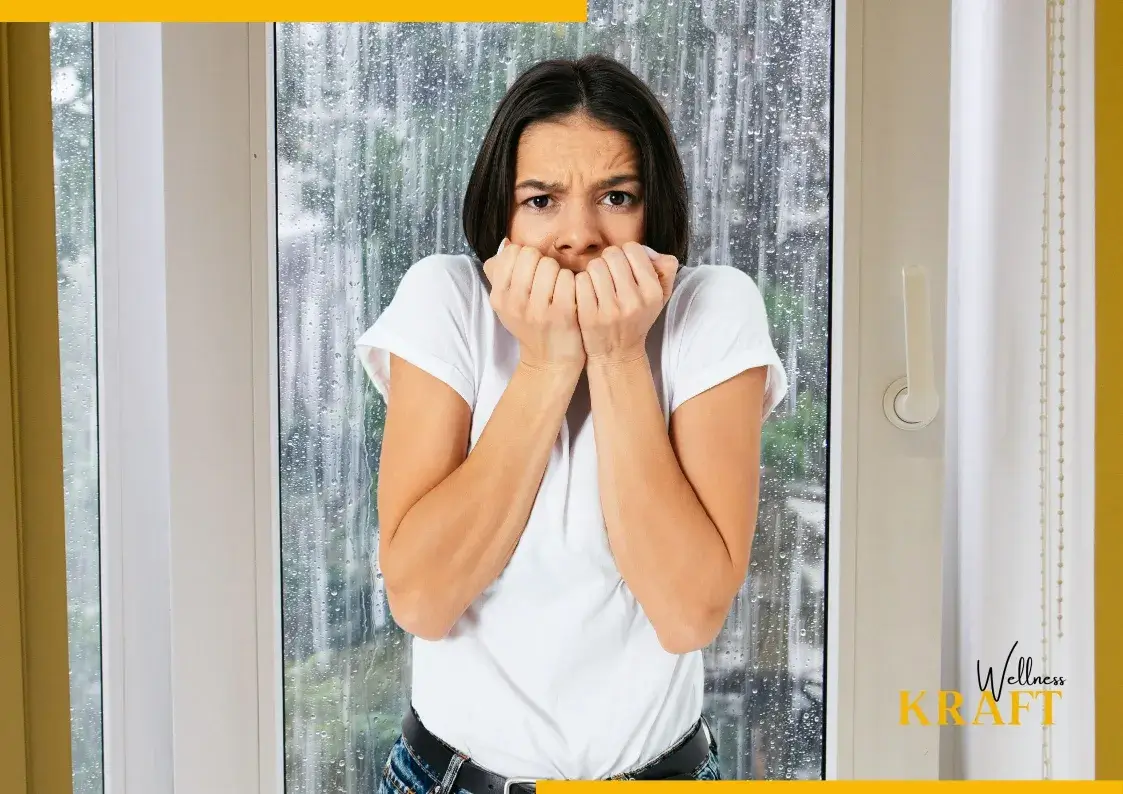


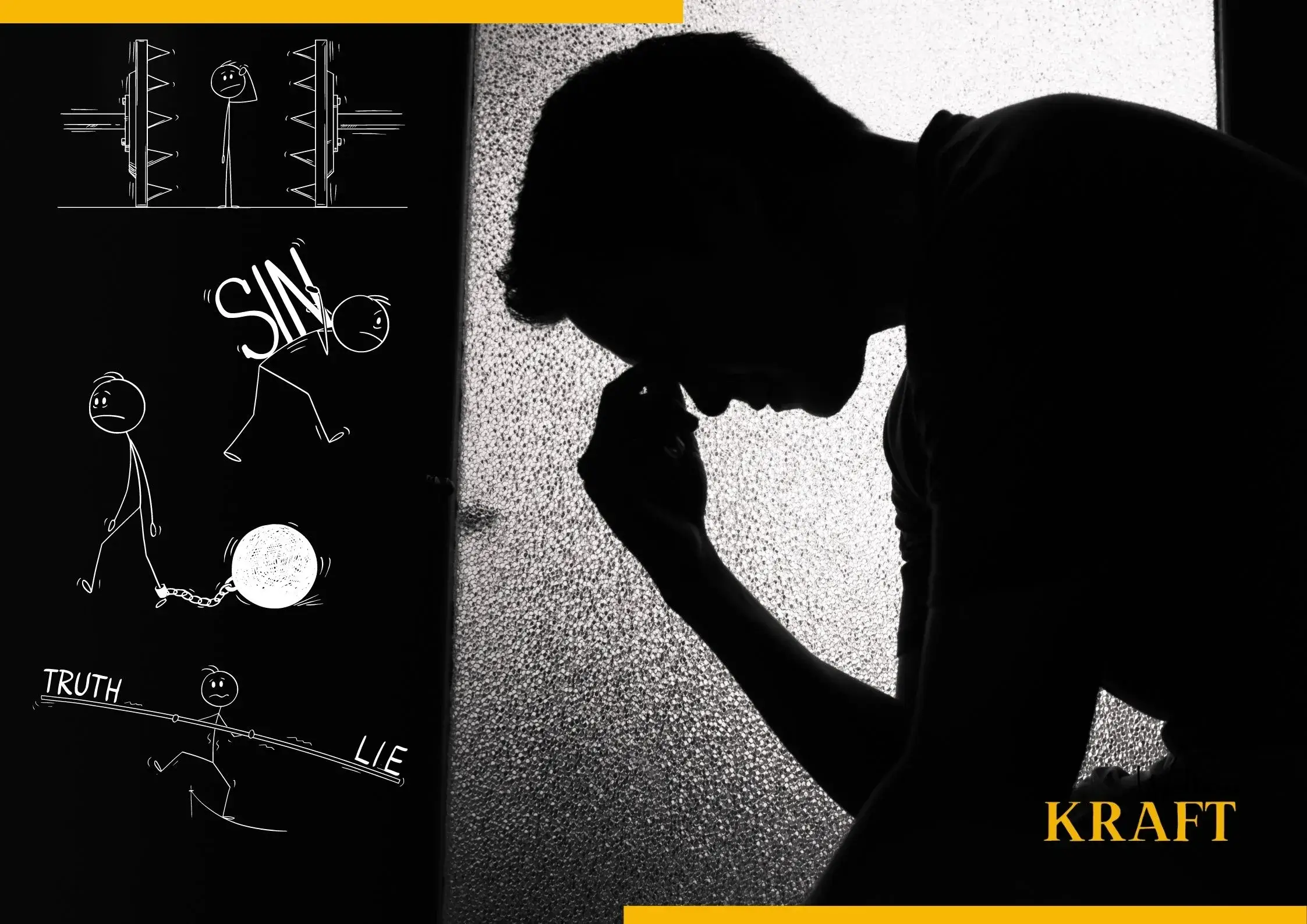
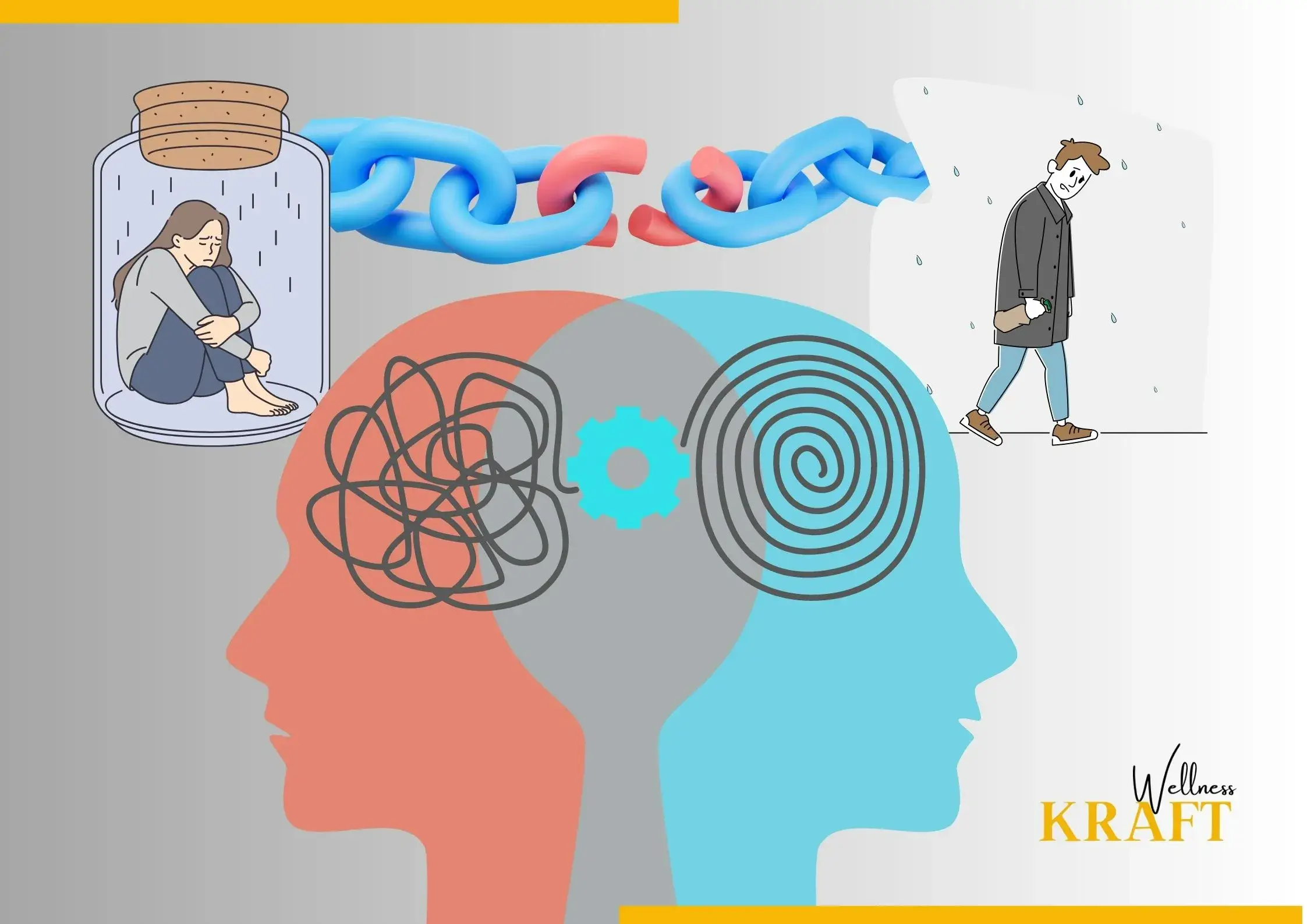

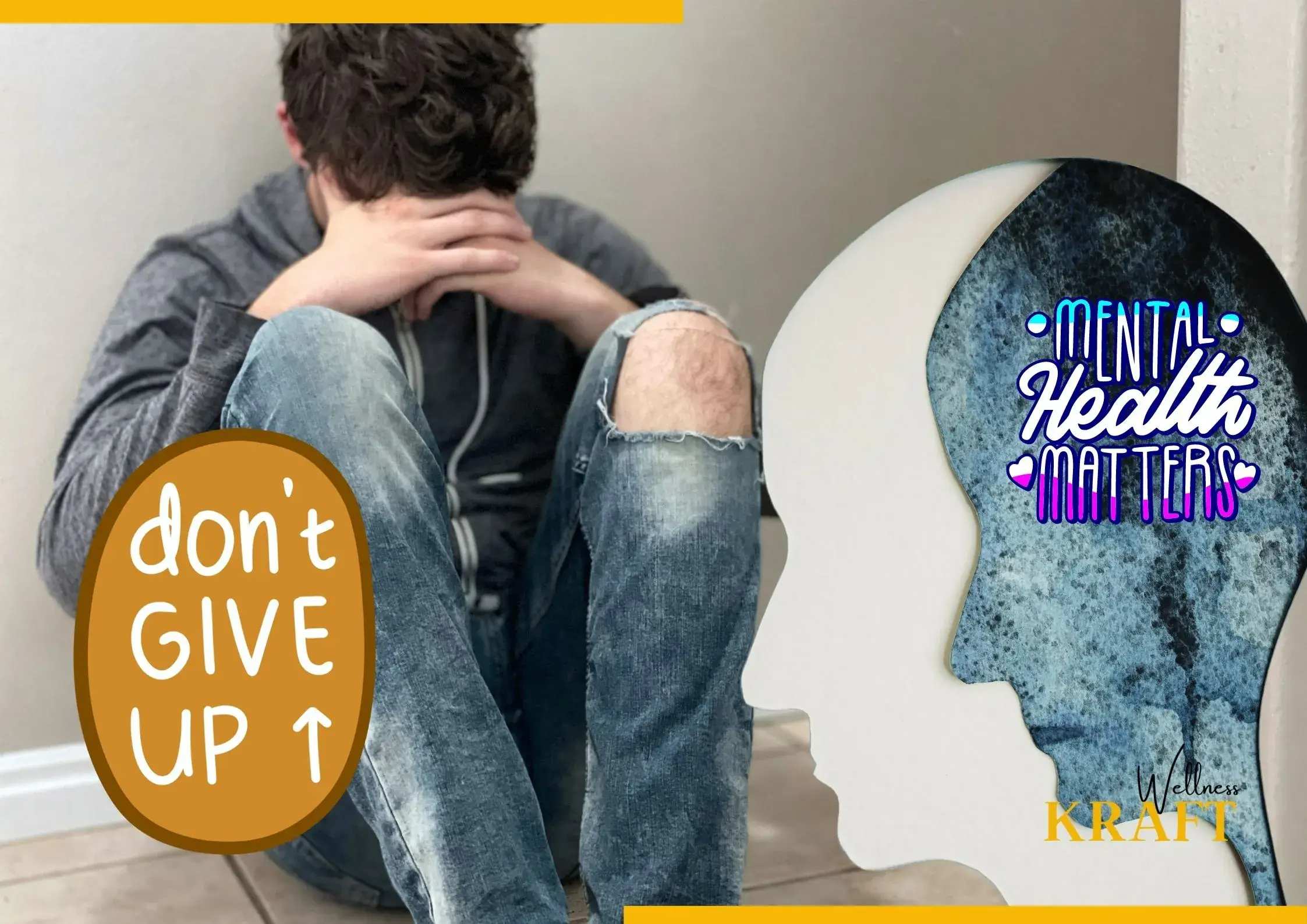




1 comment
I found myself deeply moved by this piece. It’s rare to come across writing that doesn’t just inform but transforms. You’ve taken complex ideas and made them feel not just understandable but important. Reading this, I felt both challenged and comforted — a true testament to the power of your words.